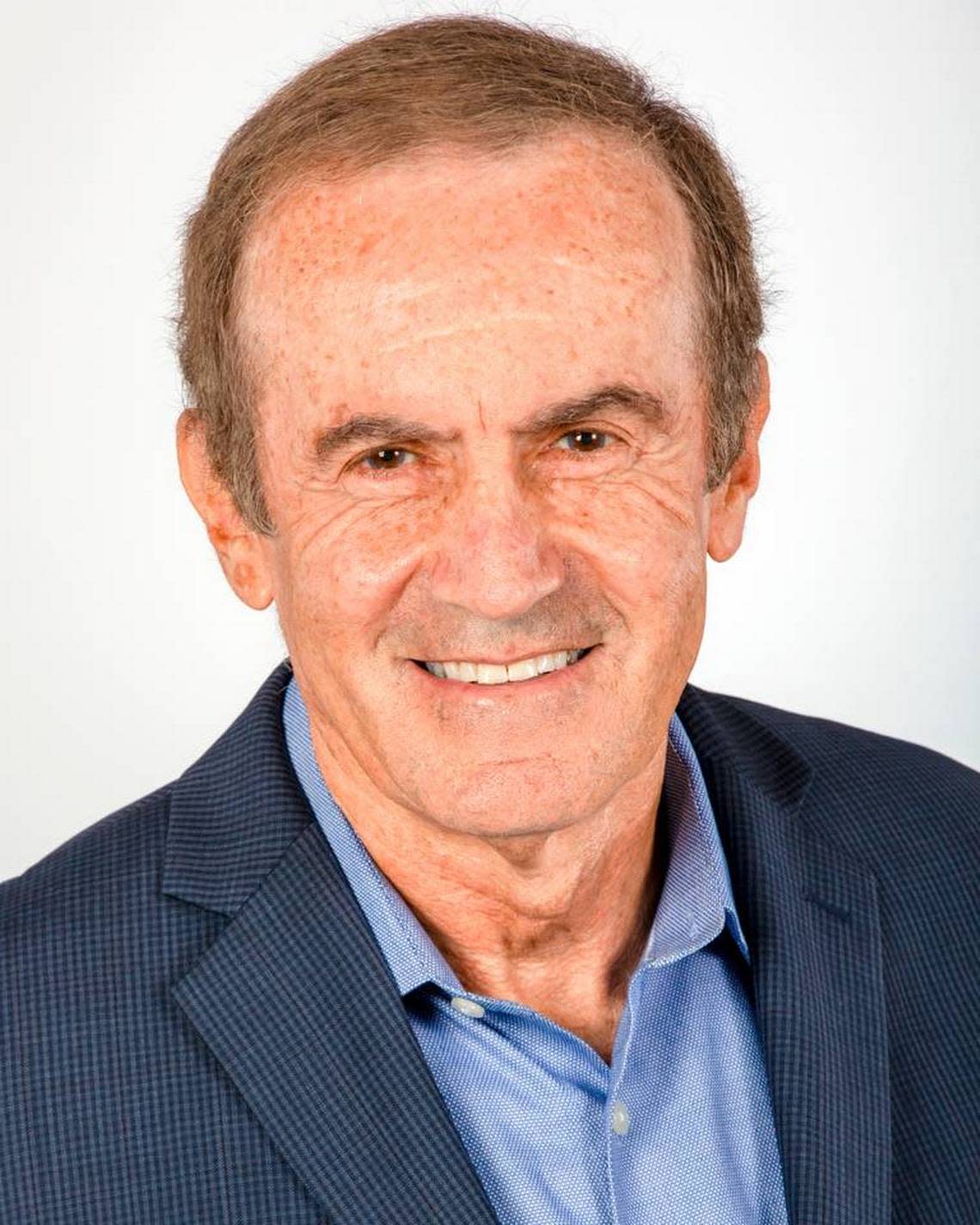Pope Francis’ comments on Cuba were callous, for what he said — and didn’t say | Opinion
Pope Francis’ latest statements about Cuba were unfortunate for a world religious leader who is supposed to care about human rights and victims of oppression. It’s no wonder that Cuba’s dictatorship celebrated his words as a major propaganda victory.
When asked in an interview with Univision last week whether he has any message for the Cuban people on the first anniversary of the massive July 11 anti-government street protests in Cuba, the pope refused to utter one single word of comfort for the victims of the regime’s brutal repression.
More than 1,400 mostly peaceful protesters demanding food and freedoms were arrested during last year’s protests, and at least 701 of them are still in jail a year later, according to Amnesty International, Human Rights Watch and other advocacy groups.
But, instead of showing empathy with those rotting in Cuban jails for expressing their opinions, the pope tacitly sided with the Cuban regime.
“I had good human relations with the Cuban people. I also confess that I maintain a human relationship with Raul Castro,” the pope said. He added, approvingly, that “Cuba is a symbol. Cuba has a great history.”
The pope didn’t say a word about Cuba’s violent repression of the July 11 protesters or the fact that Cuba’s dictatorship has not allowed a free election in more than six decades. He said nothing about Cuba’s six-decade ban on opposition parties or non-government television networks, radio stations or newspapers. Not a word about any of that. Nada.
Shortly after Univision aired the interview on July 12, the Cuban regime’s official newspaper, Granma, carried a headline that triumphantly cited the pope’s words and said in its accompanying story that the pontiff had expressed his “support for the Cuban government and people.”
Cuba’s foreign minister, Bruno Rodriguez, re-tweeted the pope’s statements, in Spanish and English.
If I had been interviewing the pope, I would have asked him, Cuba is a symbol of what? To many of us, including the world’s largest human-rights groups, it’s a symbol of repression.
It’s not the first time that Pope Francis has shown a softness on Cuba’s dictatorship. In 2015, he visited Cuba and met with late dictator Fidel Castro, but failed to meet with any leader of the island’s peaceful opposition.
Long before that, in 1998, when he was archbishop of Buenos Aires, Argentina, he had written a book on Cuba titled, “Dialogues between John Paul II and Fidel Castro.”
The book called for dialogue with the Cuban regime, and painted it as a somewhat innocent victim of a struggle among world superpowers. Again, notably absent were signs of empathy with the thousands of Cubans who had been executed, died in prison or fled the island because they didn’t think like Cuba’s rulers.
There’s no way the pope could not have known about the latest escalation of repression in Cuba: Virtually all major world human-rights organizations have denounced it in recent weeks.
Cuba’s sentence of nine years in prison for Grammy-winning rapper Maykel Osorbo for “resisting arrest” and singing anti-government songs made headlines around the world.
U.S. Secretary of State Antony Blinken tweeted a statement in support of those imprisoned during the July 11 demonstrations in Cuba. To its credit, the Biden administration also announced visa restrictions against 28 Cuban officials linked to the crackdown of last year’s protests.
According to Amnesty International, “Despite the [2021] demonstrations being peaceful, the authorities responded with repression and criminalization, in varying degrees, against almost everyone they encountered protesting.”
Unfortunately, the pope is not the only major figure who looks the other way from Cuba’s current repression. United Nations High Commissioner for Human Rights Michelle Bachelet, who has been forthright about human-rights abuses in Venezuela, is amazingly coy about denouncing Cuba.
“Pope Francis and Michelle Bachelet are figures who could play an important role on human-rights issues in Cuba, but neither of them has called things by their name when referring to that country’s dictatorship,” Tamara Taraciuk, Human Rights Watch Americas expert, told me.
Does the pope want to be remembered as an accomplice of one of the world’s longest-ruling dictatorships? Judging from his most recent statements on Cuba, it sometimes looks that way.
Don’t miss the “Oppenheimer Presenta” TV show on Sundays at 7 pm E.T. on CNN en Español. Twitter: @oppenheimera

